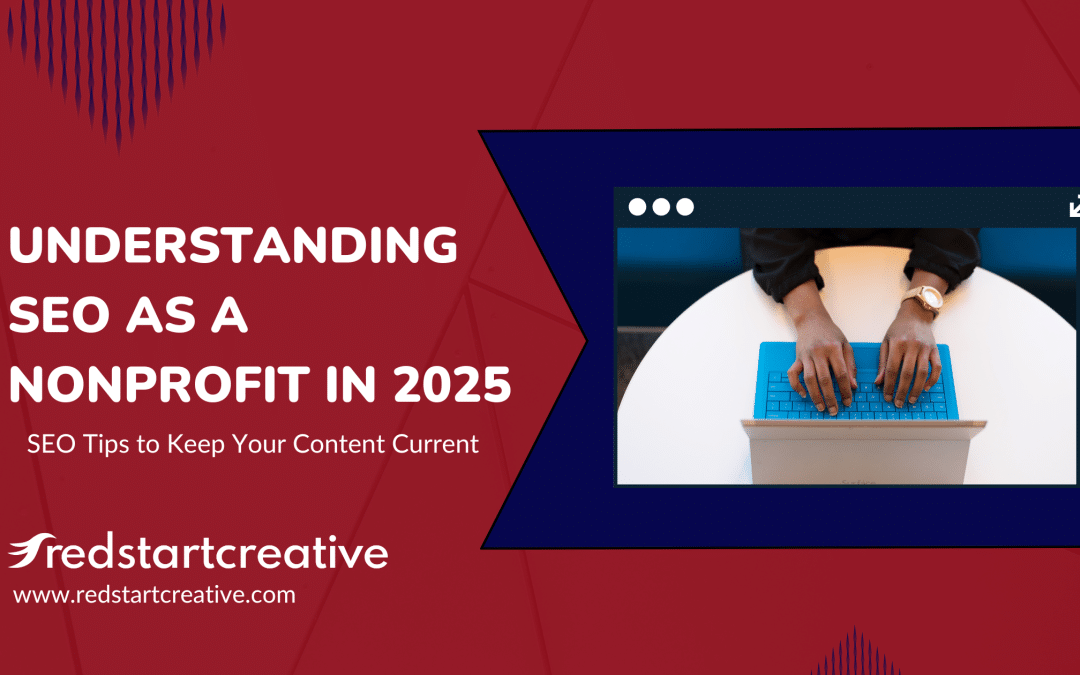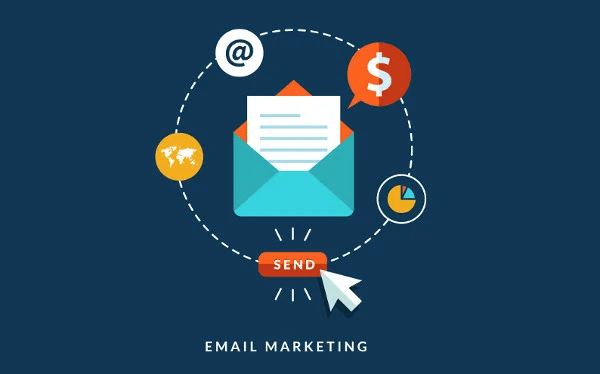Ready for an industry secret? Blogs are much more than a source of useful information — they also catch the attention of search engines and direct traffic to your website. And once someone clicks onto your website — like you, reading this very blog right now! — the hope is for the reader to stay on the website, continue to find useful information, and explore ways to get involved.
Now it’s time to apply that line of thought to your nonprofit organization. That’s where understanding basic blog copywriting principles comes in.
Without further ado, here are some quick questions to ask yourself to make the most of your blog:
Who are you trying to reach?
Maybe it’s donors, maybe it’s volunteers, or maybe it’s individuals in need of a specific service that your organization provides. Whomever your target audience is, it’s important to make sure that not only does the content speak directly to them, the tone does as well. For example, if your organization is geared toward high school students, the language you use would be significantly different from the language used by an organization geared toward law professionals. Make sure that your content aligns with the individuals most likely to engage with your website.
What are the most common questions that lead individuals to your organization?
Think of it this way — what are the phrases that a potential visitor to your site might type into a search engine? Those are what we call keywords. In the instance of this blog, for example, the keywords might be “Blog copywriting basics for nonprofits.” By anticipating and answering these questions through individual blogs, you position yourself as an expert. And as we mentioned above, you also make it easier for search engines to find you.
As an aside, when search phrases are commonly used, search engines make note of it as having value. That increased value leads to higher rankings on search engines, which means users are more likely to find you. Another benefit!
What topics will be of most interest to your readers?
Ultimately, you want to use your blog as an opportunity to both educate and engage. Do you have an event coming up? Use a blog to share details and invite readers to register! Have you been able to demonstrate measurable impact thanks to a large gift? Share that with your supporters (and then invite them to add to that impact by making a gift.) Have a very cool example of how your organization has made a difference for a single individual, family, or community? Post a video sharing those stories so others new to your organization can see why what you do matters.
Tying your blog’s content to your programs, people, services, and events are easy ways to keep the content pipeline going while demonstrating both your knowledge and impact.
What actions do you want readers to take?
Every blog you write should have an invitation to the reader. These are known as calls to action and they give your reader a way to engage further with your organization. When writing blogs, always consider what the ideal call to action is for that particular blog. Maybe it’s following you on social media for more real-time updates on a specific initiative. Maybe it’s signing a petition to enhance your capacity to serve your community. Whatever it is, your blog is more than just content — it’s a way for people to get more deeply involved with your organization.
And that’s it! Now you have some blog copywriting basics for nonprofits — take it and run with it! And be sure to come back and tell us if you found this useful. We have more resources like this on our blog, and can also help you develop a blog strategy through our digital marketing services or overall communications report and marketing strategy. However we can help, we’re here for you!



